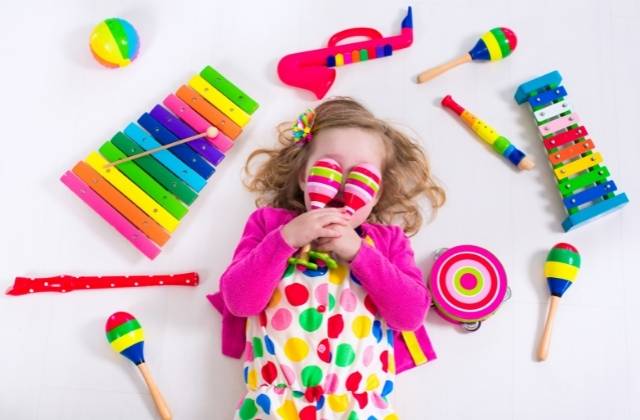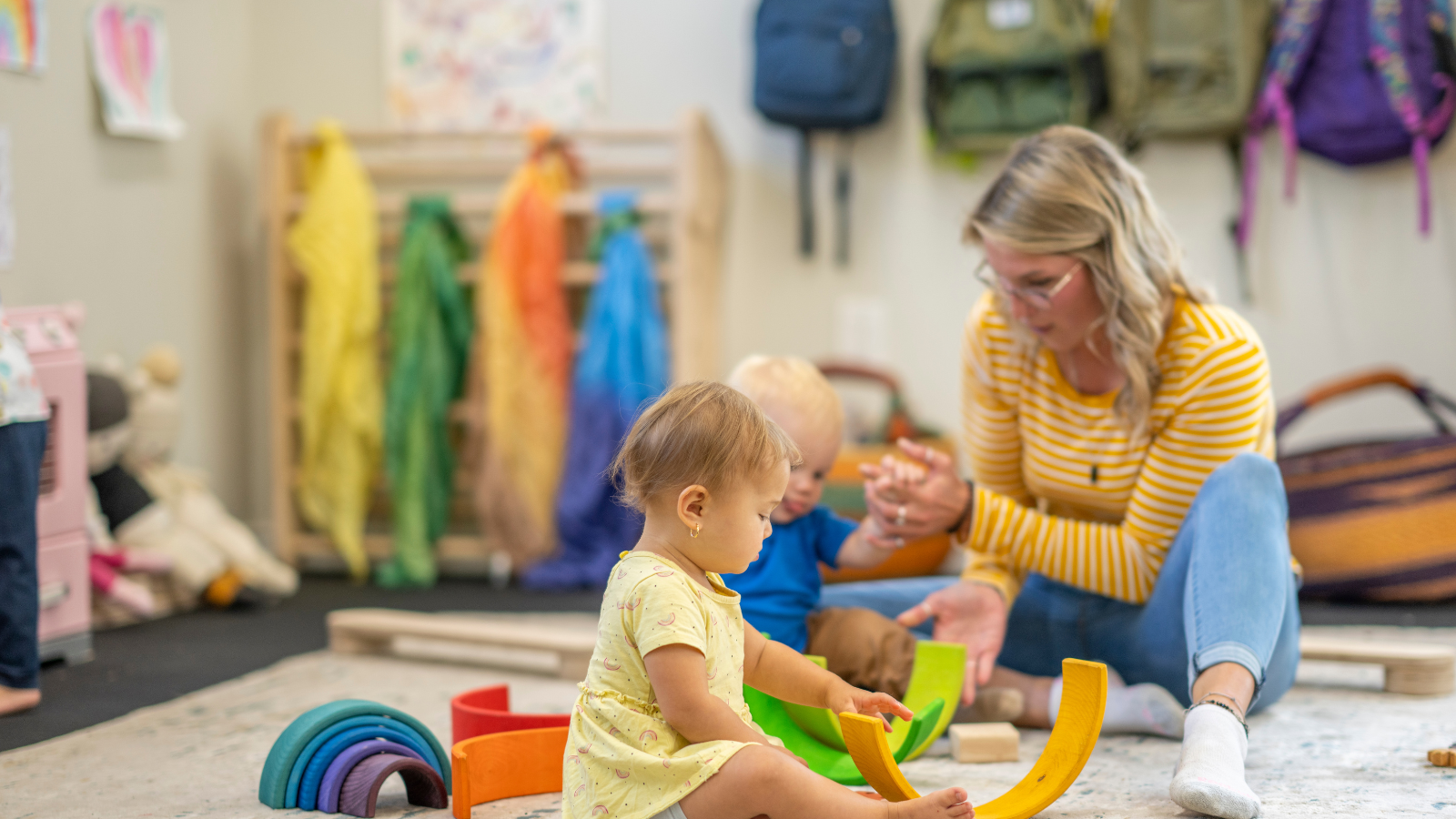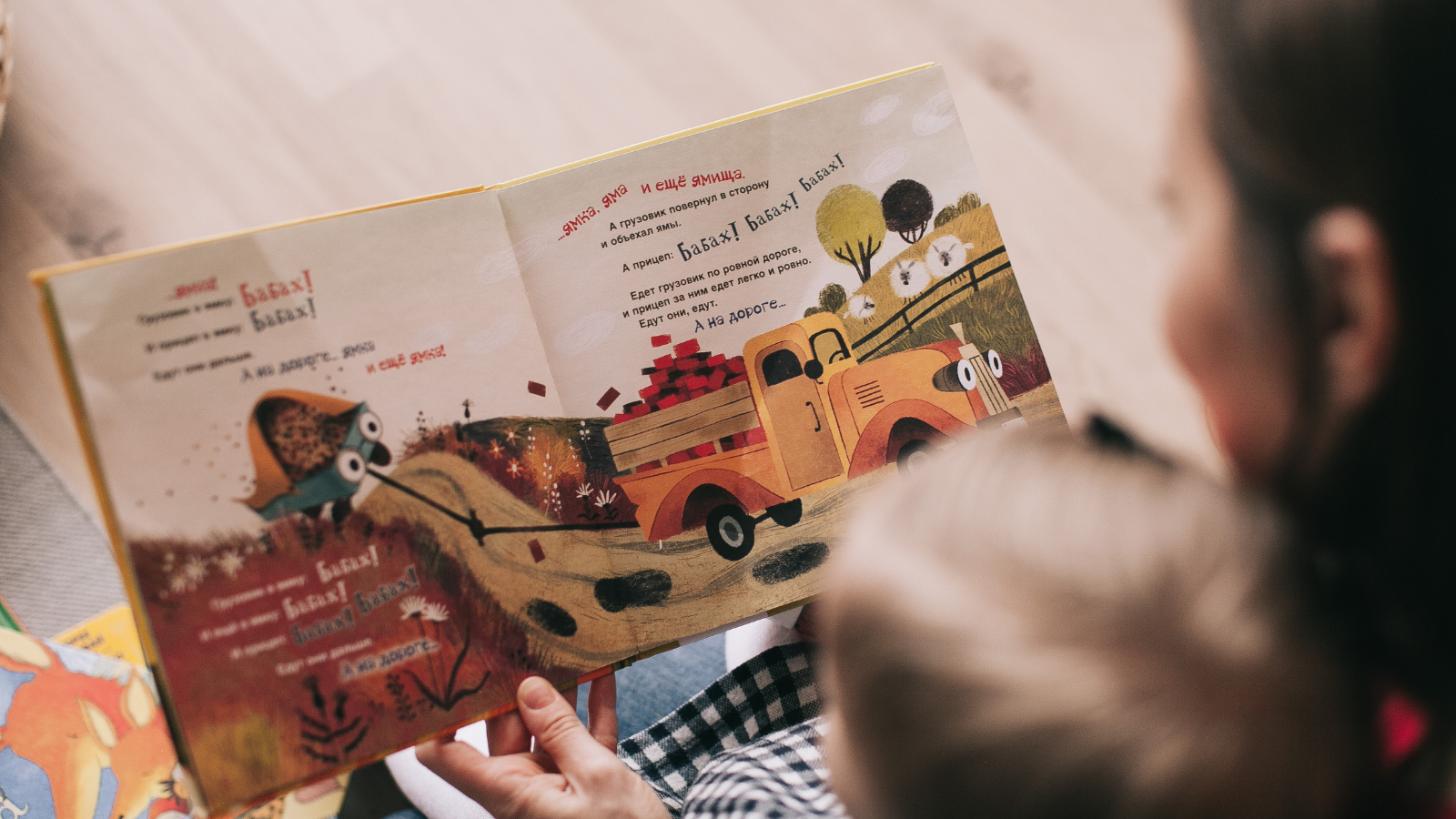Music is more than entertainment. It’s a vital part of our lives since the moment we are born and our mother tries to calm us down by singing a lullaby. Music is present in almost every aspect of our lives such as theater, television, movies, holidays, celebrations, worship, and government and military ceremonies. It can also be a central part of our culture and identity.
Nowadays, recent studies have shown the incredible benefits of music education in early childhood. Check out these 7 proven benefits of music education.
Brain development. Music stimulates the parts of the brain associated with academic achievement, such as reading and math, and emotional development. According to the National Association of Music Merchants Foundation (NAMM Foundation), learning to play an instrument can improve mathematical learning and even increase SAT scores.
In particular, music can also engage cognitive functions, such as planning, working memory, inhibition, and flexibility.
That’s why instead of viewing music as an extracurricular activity, keep in mind that music ignites all areas of child development and skills for school readiness.
Language and Reading Skills. A 2016 study at the University of Southern California’s Brain and Creativity Institute found that musical experiences in childhood can actually accelerate brain development, particularly in the areas of language acquisition and reading skills.
Critical Thinking. Based on the use of various neuroimaging techniques, research shows how early music training (before the age of seven) produces actual physical changes in brain structure and function.
As music offers the continual challenge of situations in which there is no standard or approved answer, it can promote critical thinking.
Coordination. Another recent study determined that early musical training increased the grey matter in the cerebral cortex, particularly in the sensory-motor area of the brain.
Playing a musical instrument helps the body and the mind work together, and toddlers sway and bounce to the music. When they clap, tap, or dance to the music’s rhythm they are developing their motor and coordination skills, which is beneficial to early writing, and reading skills.
Social Skills. Music groups and ensembles can help kids develop important life skills such as teamwork, developing leadership skills, discipline, and how to relate to others.
It encourages the overall positive feeling that comes with collaborating with a greater community toward a common goal.
Creativity. It is not only needed to be an artist, creativity can be very useful later in life; 72% of employers say that creativity is the #1 skill they look for when hiring.
Practicing self-expression is a life-long skill that promotes healthy emotions. Music provides a means of self-expression, giving the child an outlet for feelings and emotions. Music, aside from being a source of enjoyment, is also a means of communication with others.
Discipline. Even if your child doesn’t want to continue learning music in the future, he’ll know that the system to learn a new skill is through commitment and practice.
A plus benefit of including music education in early childhood is that your little one will be able to relax and have fun, something very much needed these days.
We have just implemented our Music Enrichment Program as a wonderful addition to our academic curriculum. Our students have the amazing opportunity to develop their creativity, reading skills, math skills, social skills, and confidence through exploring musical instruments and learning a variety of songs.






